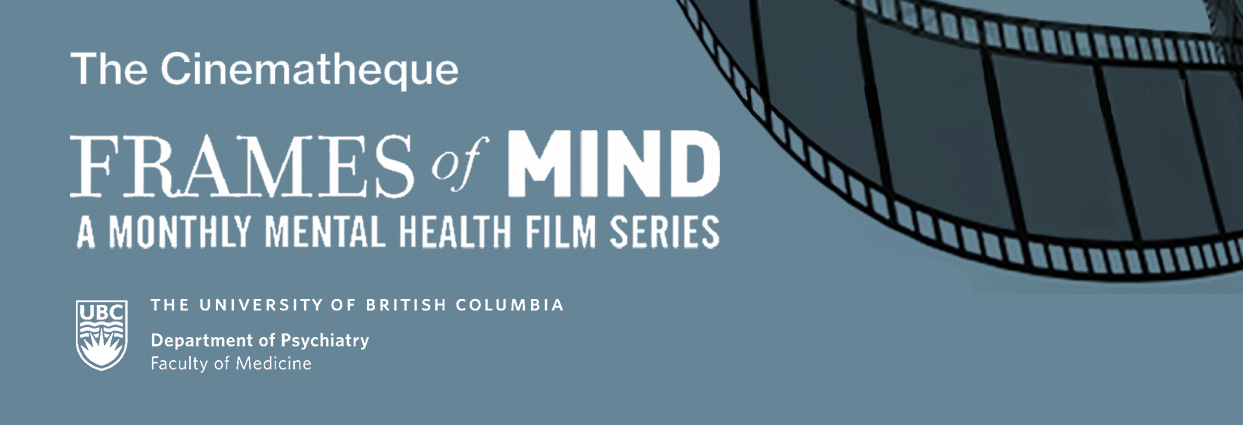On the morning of Tuesday July 3, a brazen theft occurred whereby a person stole a laptop secured with an anti-theft device from the UBC Psychiatry Administration Office reception area, while the team was present. The theft occurred very quickly and was not noticed at the time it was occurring. It appears that even anti-theft device securing the laptop did not stop this person from being able to pull the lock with force from the laptop, so please be extra vigilant and lock your doors when leaving laptops and other valuable items unattended.
If theft occurs in your office or workspace, please notify UBC Hospital security and also report the incident to UBC – RCMP, who have a case file open for this site.
Again, please be extra vigilant, as there seems to be an uptick of theft occurring not only here at UBC Hospital, but also at G. L. Diamond Healthcare Centre at VGH (see below).
Alert: Thefts at Diamond Centre – VGH
Dear Tenants of the Gordon and Leslie Diamond Health Care Centre:
Please ensure this message is shared with your entire department staff.
Be aware there have been a few recent thefts affecting the facility, particularly at open area workstations.
Below is a recommendation of steps you can take to help protect your belongings.
- Don’t leave valuables in plain sight. Lock them away. To most thieves, out of sight is out of mind.
- In public areas, never leave valuables unattended, even for a few seconds.
- Don’t leave keys or access cards lying around, report immediately to DHCChelp@bgis.com if lost.
- If you leave your open workspace, even for a few minutes, ask a neighbor to watch your area for you. If you have a door, lock it when you leave your office.
- If you see a stranger in your office area, give them a friendly “Can I help you?” Direct them to the nearest public waiting area or the clinic they may be searching for.
- If you see anyone behaving suspiciously, report them to Security at Local 7111 and report the suspicious person. A brief description of the suspect is very helpful for follow up by facility support staff. If the person is walking away, try to see which direction they went.
- At home, keep your doors locked even when you are there. It is common for thieves to open a door and grab a bag left near the door.
- If keeping the doors locked when you are home is inconvenient, be mindful to put your personal bag containing your access card and key away from the door in a secure place.
- All Departments are encouraged to keep an up-to-date record of the office keys in circulation, and make sure the keys are returned when a staff no longer work for your clinic. If this is not already done, it’s never too late to start!
- Staff holding keys should all be aware of the importance of keeping the keys secured, especially the department submasters which provide access to all rooms in your Department.
- Key chains and keys should not have any identifier that could help someone know which doors the key opens.
- When accessing an area equipped with a card reader, or the building after regular business hours, DO NOT let others piggy back behind you. Let them know nicely they need to swipe their badge to enter at that time.
Greater than 99% of all thefts in this facility have occurred with no forced entry whatsoever, indicating that occupants are often not securing their areas and their possessions, and leaving them vulnerable for periods however brief. Harden the target and prevent crimes of opportunity.
Stay Safe!!
Thank you.
BGIS office contact information:
BGIS office hours: Monday to Friday 0800 – 1600
Help Desk e-mail: dhcchelp@bgis.com
Office Telephone: 604-875-5830















